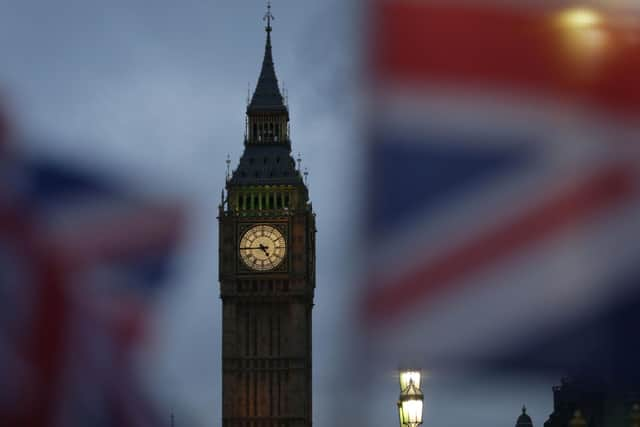The country should be afforded the right to change its mind on Brexit - Yorkshire Post Letters
It was Thomas Paine who, in 1791, first offered some sort of definition of modern democracy when he defined three basic rights: the right to choose how we are governed, the right to choose our governors and the right to call them to account.
We operate a system which offers the electorate a guaranteed opportunity to choose those governors on a maximum basis of every five years, and so we can effectively add a fourth right, that to be able to change our minds.
Advertisement
Hide AdAdvertisement
Hide AdWe would wish to change our minds for a variety of reasons, such as rapidly changing global economic factors or the failure of those elected to carry out their promises.


Such changes usually bring with them radical switches in national direction, and that is perfectly acceptable.
In 1975, we voted to remain in the European community on a vote split 67 per cent to 33 per cent, or slightly over a two-thirds majority; those in favour represented 43 per cent of the electorate. In most organisations such a two-thirds majority is usually deemed necessary for a constitutional change.
The question arose again about 40 years later, culminating in the Cameron referendum whose results were to leave the EU on a vote of 52 per cent to 48 per cent which is slightly over a simple majority, and representing 37 per cent of the electorate in favour of leaving.
Advertisement
Hide AdAdvertisement
Hide AdOur politicians are keen to reassure us that the promises of the Brexit campaign have all been met and that the country is on course to a bright new independent future, but how can that be the case when one of our United Kingdom countries still has no effective locally-based government, and seems unlikely to get one in the near future?
No-one objected on constitutional grounds to the new referendum; somehow the 40 year interim was deemed sufficient time for a change of mind. So when will it be possible for an old remoaner like me to begin to point out that we are now six years after the decision and that parliaments can be changed after five?
Will I need to wait till 2056 to ask for a rethink, or shall I be able to exercise my fourth right before that time?
